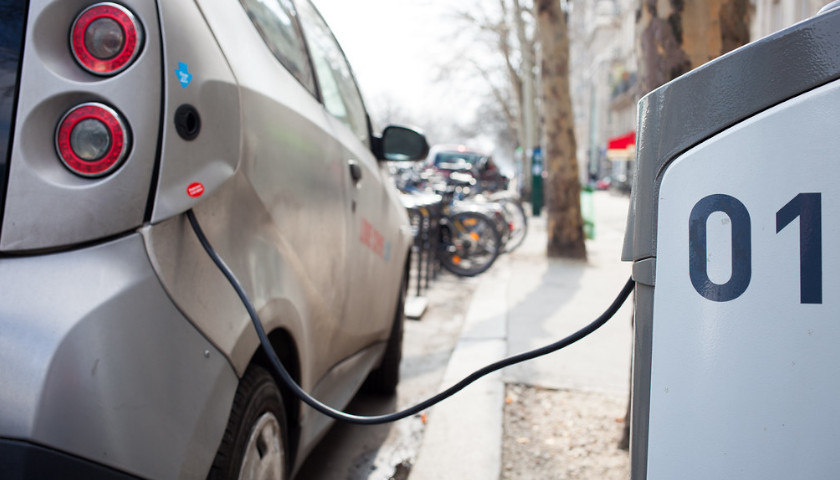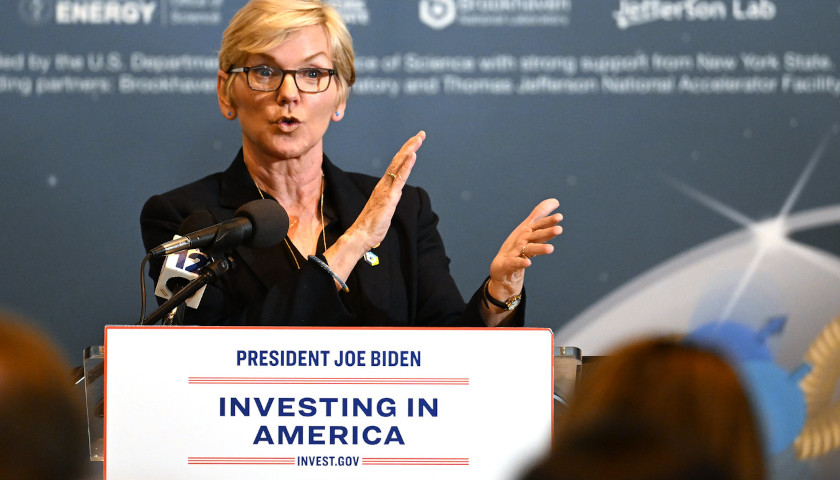Georgia retailers say that the public’s demand for electric vehicles (EV’s) grows more and more with every passing year and, with that, so does the public’s demand for EV chargers.
Those same Georgia retailers want to capitalize on that trend — but they said this week that officials at Georgia Power stand in their way.
Retailers made these remarks at a Georgia Senate Committee on Regulated Industries and Utilities meeting. Specifically, retailers said Georgia Power wants to block out competitors and subsidize their own entry into the EV charging market by raising power bills for everyone across the state. If true, that means gas stations and other small businesses can’t enter the EV charging business because Georgia Power can essentially give it away. This, as the utility, makes money by offsetting the cost through higher electricity rates.
The retailers said this practice discourages a competitive marketplace.
RaceTrac CEO Max McBrayer told state senators that Georgia will receive $135 million in federal taxpayer money to install EV chargers statewide. He said that “competition is the key ingredient of innovation.”
“Many states, including Georgia, allow investor-owned utilities to charge all of their customers higher electric bills every month. This rate-basing is how utilities underwrite their investment and charge for infrastructure. It is an unfair practice that discourages private investment. We understand utilities should focus on essential electricity generation and grid upgrades. Our concern arises when those utilities charge their customers a higher bill so that they can operate the EV chargers themselves. No one is stopping the utility from competing for EV charging business,” McBrayer said.
“But how can we sell electricity to drivers when power companies get to subsidize their costs with money from all ratepayers? The fact is, we can’t. Our intention is not to preclude utilities from putting in EV charging. We seek a level playing field. In rural parts of the state, it may make sense for utilities to assume this burden. We understand there are parts of the state where they may need to make an exception. But those exceptions should be few and far between so as not to crowd out private investment. Do not allow yourself to be convinced that this exception should swallow the rule.”
The Infrastructure Investment and Jobs Act is expected to provide $7.5 billion of taxpayer money for a network of 500,000 EV chargers along highway corridors in the United States.
In 2018, The Daily Caller reported that EVs aren’t popular and only people with six-figure incomes generally own them.
– – –
Chris Butler is an investigative journalist at The Tennessee Star and The Georgia Star News. Follow Chris on Facebook, Twitter, Parler, and GETTR. Email tips to [email protected].
Photo “Electric Car Charger” by Håkan Dahlström. CC BY 2.0.





